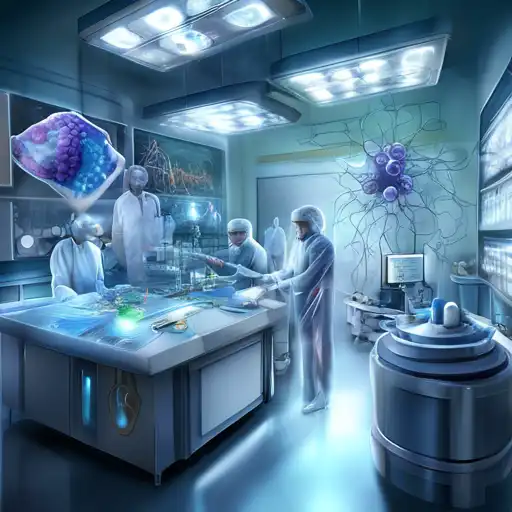Introduction to Nanotechnology in Medicine
Nanotechnology, the science of manipulating matter at the atomic and molecular scale, is set to revolutionize the medical field. With its potential to diagnose, treat, and prevent diseases at a cellular level, nanotechnology in medicine is indeed the next big thing. This article explores the groundbreaking advancements and the future prospects of nanotechnology in healthcare.
The Breakthroughs of Nanotechnology in Medicine
Recent years have witnessed significant breakthroughs in the application of nanotechnology in medicine. From targeted drug delivery systems that minimize side effects to nanorobots capable of repairing damaged tissues, the possibilities are endless. Here are some of the most promising applications:
- Targeted Drug Delivery: Nanoparticles can be engineered to deliver drugs directly to diseased cells, reducing the impact on healthy cells and improving treatment efficacy.
- Cancer Treatment: Nanotechnology offers new hope in cancer therapy, with nanoparticles being used to target and destroy cancer cells without harming surrounding tissue.
- Diagnostic Tools: Nanosensors and imaging techniques are enhancing the early detection of diseases, leading to better outcomes for patients.
Challenges and Ethical Considerations
Despite its potential, the integration of nanotechnology into medicine faces several challenges. These include technical hurdles, regulatory issues, and ethical concerns regarding privacy and the long-term effects of nanoparticles on the human body. Addressing these challenges is crucial for the safe and effective implementation of nanotechnology in healthcare.
The Future of Nanotechnology in Medicine
The future of nanotechnology in medicine is bright, with ongoing research paving the way for more innovative treatments and diagnostic tools. As scientists continue to explore the nanoscale, we can expect to see even more remarkable applications that could transform healthcare as we know it.
For more insights into the future of healthcare technology, check out our article on The Future of Healthcare Technology.
Conclusion
Nanotechnology in medicine represents a frontier of medical science that promises to deliver unprecedented advancements in the diagnosis, treatment, and prevention of diseases. While challenges remain, the potential benefits of this technology make it a key area of focus for researchers and healthcare professionals alike. As we stand on the brink of a new era in medicine, the possibilities are as vast as the nanoscale itself.
